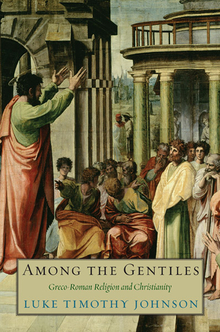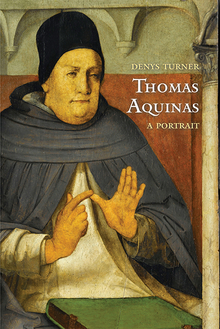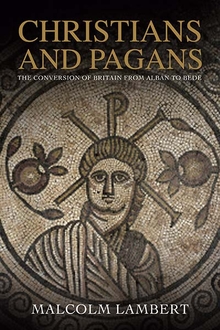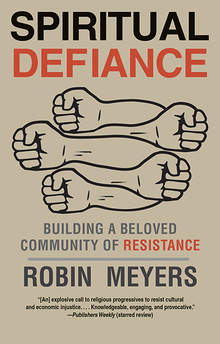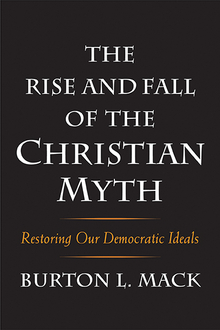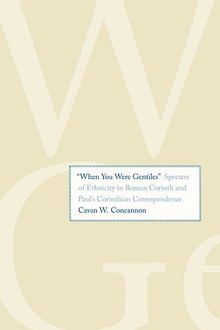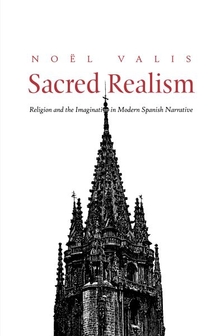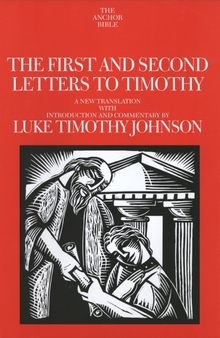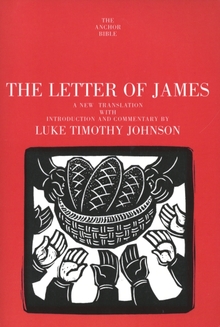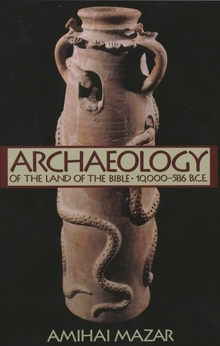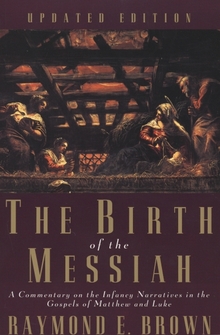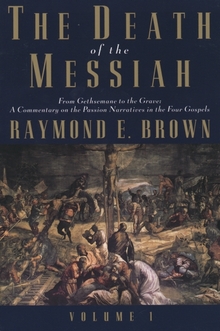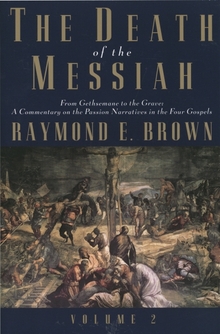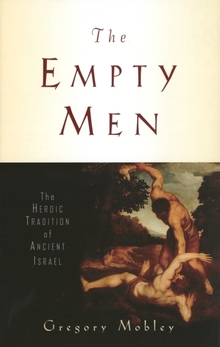Among the Gentiles
WARNING
You are viewing an older version of the Yalebooks website. Please visit out new website with more updated information and a better user experience: https://www.yalebooks.com
Greco-Roman Religion and Christianity
Luke Timothy Johnson
An acclaimed scholar presents a bold new interpretation of the relationship between Greco-Roman religion and Christianity.
The question of Christianity’s relation to the other religions of the world is more pertinent and difficult today than ever before. While Christianity’s historical failure to appreciate or actively engage Judaism is notorious, Christianity’s even more shoddy record with respect to “pagan” religions is less understood. Christians have inherited a virtually unanimous theological tradition that thinks of paganism in terms of demonic possession, and of Christian missions as a rescue operation that saves pagans from inherently evil practices.
In undertaking this fresh inquiry into early Christianity and Greco-Roman paganism, Luke Timothy Johnson begins with a broad definition of religion as a way of life organized around convictions and experiences concerning ultimate power. In the tradition of William James’s Variety of Religious Experience, he identifies four distinct ways of being religious: religion as participation in benefits, as moral transformation, as transcending the world, and as stabilizing the world. Using these criteria as the basis for his exploration of Christianity and paganism, Johnson finds multiple points of similarity in religious sensibility.
Christianity’s failure to adequately come to grips with its first pagan neighbors, Johnson asserts, inhibits any effort to engage positively with adherents of various world religions. This thoughtful and passionate study should help break down the walls between Christianity and other religious traditions.
“Luke Johnson, a contrarian of the most constructive kind, defying all the usual categories, looks at the age-old story of Christianity’s ‘triumph’ over ‘paganism’ and turns it topsy turvy. A provocative and deeply humane book, to be savored and argued with.”—Wayne A. Meeks, author of First Urban Christians
“Seeking to overturn an attitude towards Greco-Roman religion epitomized in Tertullian's famous rejection of Athens, Johnson demonstrates four ways of being religious that were common to Greeks, Romans, Jews, and early Christians. The work is important not only for the study of ancient religion, but for inter-faith dialogue today.”—Gregory E. Sterling, University of Notre Dame
“A remarkable synthesis that challenges reigning assumptions about early Christianity’s relationship to the Graeco-Roman world, this book proposes new analytical categories to advance and enliven the ongoing ‘Christ and culture’ debate.”—Carl R. Holladay, Emory University
“In this important, well-documented, and challenging book, Johnson shows forcefully how demonizing and deprecating other religions has not served early Christianity well in the past, obscured its development, and has left a pernicious legacy.”—Frederick E. Brenk, Pontifical Biblical Institute, Rome
"Defending the Christian religion against Greco-Roman paganism, the early Christian writer Tertullian once famously asked, 'What indeed does Athens have to do with Jerusalem?' In his thoughtful, judicious and provocative new book, New Testament scholar Johnson answers, 'Plenty.' . . . Johnson's careful and compelling approach avoids both the apologetic and the antagonistic tones that such conversations about early Christianiry and Hellenistic religions often rake."—Publishers Weekly
“One of those rare books that is at once an excellent reference work and a great read . . . it promises to change the way most of us understand early Christianity.”
--Timothy Beal, Christian CenturyWinner of the 2011 Grawemeyer Award in Religion, given jointly by Louisville Presbyterian Theological Seminary and the University of Louisville
Publication Date: October 19, 2010

